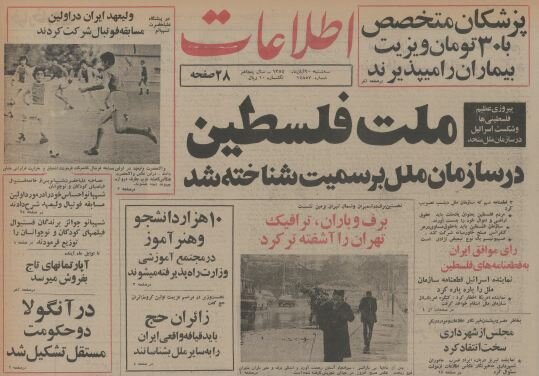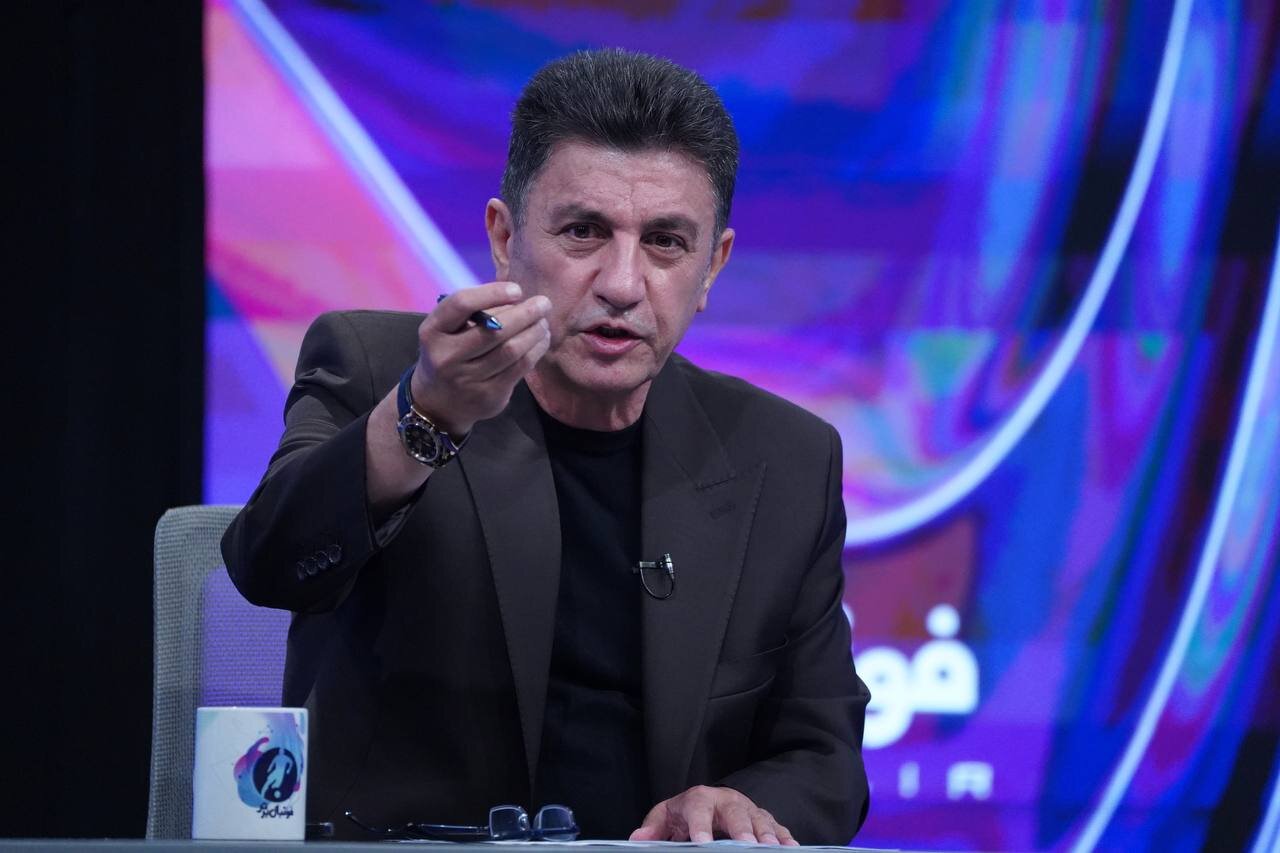US: At least 55 Iranians deported, hundreds more at risk, advocacy group says
US: At least 55 Iranians deported, hundreds more at risk, advocacy group says

Following Tehran's announcement this week that it will take in its citizens deported from the US, at least 55 Iranian nationals have already been put on a charter flight out, with "hundreds" more awaiting the same fate, the National Iranian American Council (NIAC) has told Middle East Eye.
"This is a case where injustice has been stacked on injustice. Iranian nationals should not have been ripped from their families by ICE [Immigration and Customs Enforcement] after the [Israel-Iran] war and treated as a terror threat. They should not have languished in horrible, unsanitary prisons with minimal, poor food and cut off from their loved ones and support networks," Jamal Abdi, NIAC's president, said in a statement.
Abdi added that they should have had a choice to stay in the US rather than being deported to a third country or back to Iran.
"It's unclear how many of these people might be some form of political refugee or asylum seeker, who otherwise under a different administration would have a pretty clear path to an asylum case and be able to stay. But the asylum process has basically been totally upended by the Trump administration," said Ryan Costello, the organisation's policy director.
NIAC said it was connecting Iranians to litigation opportunities to push back against US President Donald Trump's "harmful executive actions".
And there may be thousands more Iranian nationals with an uncertain status in the US who are at risk of being taken away by ICE, he added.
That does not mean they are necessarily undocumented or crossed into the US illegally, but the Trump administration has rendered tens of thousands of immigrants - Iranian or otherwise - suddenly without status by withdrawing longstanding protective visa programmes overnight.
One example of this is the Temporary Protected Status (TPS) programme for Venezuelans, Cubans and Afghans, among others.
Trump has also demanded the removal of legal immigrants who may have had run-ins with the law. Cases that have emerged over the past nine months include things like writing a cheque that later bounced, missing a court date because of a home address change, or being in possession of marijuana in a state even where it is permissible. Federal law considers possession of all recreational drugs illegal.
In August, ICE arrested an Iranian national in Los Angeles who it admits had a "lawful status" in the US since 2016. But Sharareh Moghadam, ICE said, "was convicted of two separate theft offenses, demonstrating a clear disregard for US laws and rendering her subject to removal under US immigration law".
Moghadam's husband said she had a green card and had already passed her citizenship test. Only the naturalisation ceremony remained.
While at a routine in-person immigration appointment, she was arrested and moved to a detention facility in Arizona, where she remains today.
Arizona congresswoman Yassamin Ansari, the first Iranian-American elected to public office in the state, said in a statement earlier this year that ICE was rounding up Iranians "not out of concern for public safety, but to fill arbitrary deportation quotas".
"The implication by this administration that Iranian Americans are more likely to engage in terrorism or criminal activity is absurd, false and outrageous," she said.
MEE reached out to Moghadam's husband and her lawyer, but did not hear back in time for publication.
'Big spike'
Earlier this year, ICE Director Todd Lyons suggested to the broadcaster NewsNation that his agency had indeed stepped up its targeting of Iranians, following the 12-day war between Israel and Iran, which culminated in an unprecedented US attack on Iran's three main nuclear sites.
"We've always done targeted enforcement, we've always focused on high-risk countries – including Iran," he said.
Trump announced his travel ban on several African and Middle Eastern countries, including Iran, in June, about a week before Israel launched an attack on Iran.
"Immediately after the war, ICE comes out, and they do press releases and so forth, saying we've arrested 130 Iranian nationals in the last week, portraying them as terror threats, and suggesting more arrests are coming," Costello told MEE.
"ICE is not a very transparent organisation, but they made a point to tout the arrests of Iranian nationals in particular."
Numbers obtained by NewsNation from the Department of Homeland Security (DHS) in June showed that there were already 5,840 Iranian nationals on ICE’s "nondetained docket" - a list of individuals who are not in custody, but have been ordered removed by a US immigration judge.
Depending on the political climate, many of them may have received a "stay of removal" for various reasons, which allows them to remain in the country as long as they attend in-person immigration check-ins.
The Trump administration is, for the most part, no longer honouring those deferred removal decisions, despite an American tradition since 1979 of welcoming Iranian dissidents in particular and those from minority religious groups in Iran.
"ICE data shows 79 deportations across a little more than four years for nationals from Iran. So it's not a very high number," Costello shared with MEE.
Now, he said, there are supposed to be at least 300 more Iranians who are scheduled to be put on those deportation flights, leading to "maybe thousands more... under the Trump administration. So a big spike".
And there has been no pushback from the Iranian government on this front since it bore the brunt of US air strikes.
"The fact that Iran did not accept deportations from the United States [previously] was actually cited as a reason to impose the travel ban," Costello said.
"Iran sees this probably as a bit of a win-win. They get to portray themselves as helping out individuals who are Iranian and in difficult circumstances," he added. "And then I think there is also a motive to do something that's a fairly easy lift, that is a priority for the US government, to show that there is flexibility and there's an ability to negotiate."













